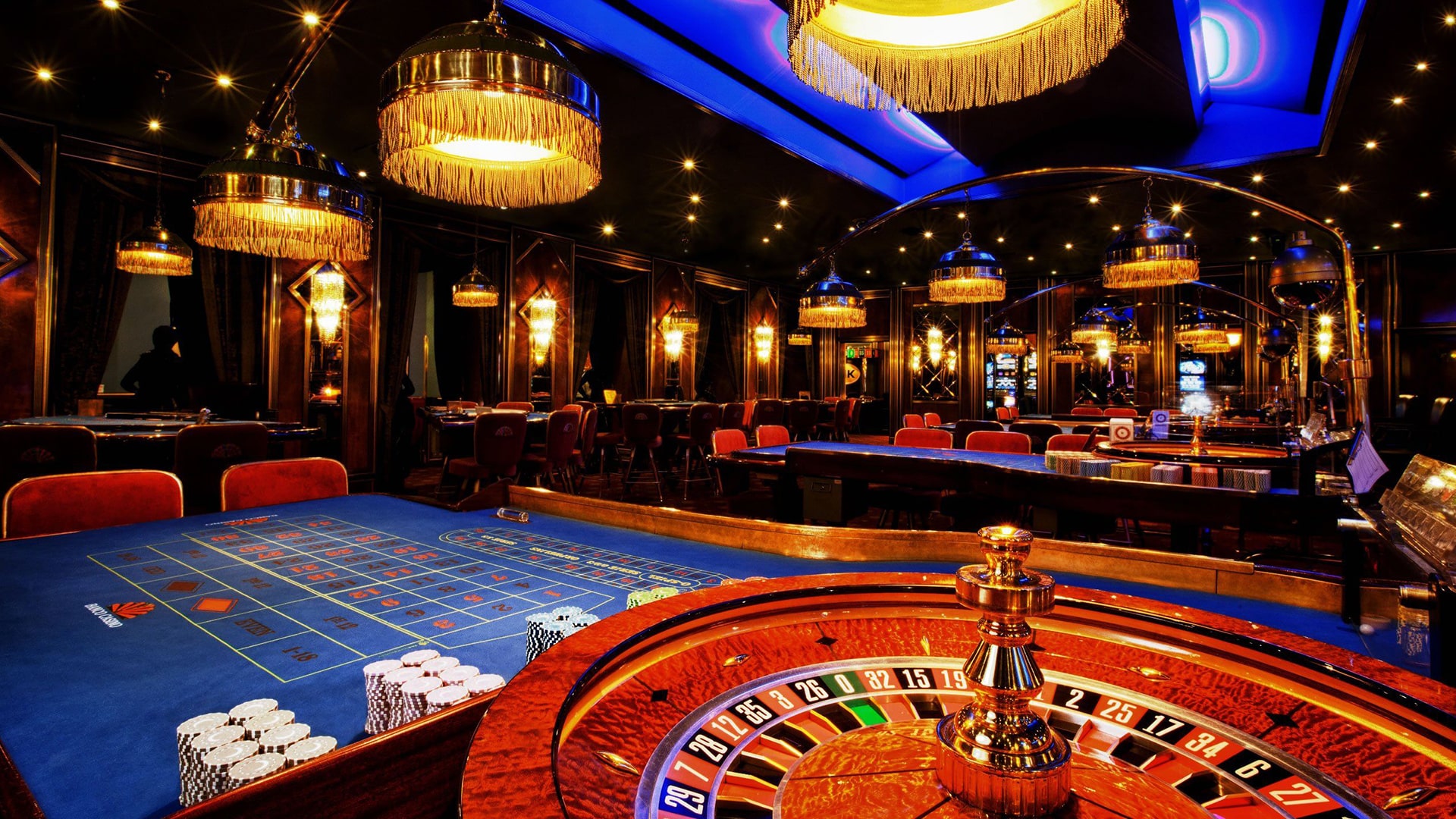
Casino games have long been associated with the rush of chance and the excitement of luck. Many players walk into a casino with the expectation that their success hinges solely on luck. However, a further exploration reveals that these games encompass much more than just the aspect of luck. Understanding the mechanics, tactics, and human psychology behind casino games can greatly enhance the experience and improve one’s chances of victory.
Aside from the enticing sounds of rotating slots and gameplay, casino games involve a complex mix of expertise, strategy, and judgment. Whether you are engaged in blackjack, poker, or even baccarat, knowing the methods can significantly influence the outcome of the game. Moreover, the mindset of the players and understanding the probabilities behind each game can shift the scales of success away from mere chance. By acknowledging these dimensions, players can appreciate casino games as a mixture of enjoyment and minigame, transforming their viewpoint from one of passivity to one of active engagement.
The Psychological Aspects of Gambler’s Behavior
Grasping the psychology of gambling reveals that player behavior is driven by far more than mere chance. The thrill of risk, immediate reward, and a potential for achieving large sums can create a powerful emotional experience. Many players become captivated by the thrill, which can lead to a cycle of heightened betting and gambling, often fueled by a hopeful hopefulness that colors their views of winning probabilities.
Another key element of the mindset of casino games is the illusion of control. Many gamblers feel that their choices, such as the choice of games or betting patterns, can significantly influence the outcome. This belief can enhance their engagement and enjoyment, but it also contributes to persistent gambling behavior, as players often ignore the role of randomness in these games. The thrill derived from making choices gives players a feeling of involvement, which can be deceptive in terms of grasping the true odds involved.
Moreover, the environment of the casino holds a crucial role in influencing a gambler’s experience. Factors like lighting, sounds, and the presence of other players create a stimulating atmosphere that reinforces the thrill of the game. This thoughtfully crafted environment can lead gamblers to lose track of time and money spent, as they become enveloped in a sensory experience that heightens their emotional investment. Recognizing these psychological dynamics is essential for understanding why casino games attract players and continue to them coming back for more.
Expertise vs. Luck in Gambling Games
In the world of gambling games, the discussion between expertise and chance is a prominent one. Many players think that luck is the predominant factor, especially in games like slots where results are arbitrary. However, there are activities that evidently demonstrate the significance of skill, such as Texas Hold’em and 21, where players can employ tactics and decisions that affect their overall performance. Understanding the dynamics and nuances of each activity can greatly impact a player’s performance and success.
The importance of expertise becomes apparent when considering the different tactics accessible to players. In activities like Texas Hold’em, for example, players must analyze their rivals, assess probabilities, and make informed choices based on their hand and the community cards. This level of strategy demonstrates how proficient players can consistently defeat novices, proving that success is not solely based on chance but rather on the application of knowledge and experience. Similarly, in 21, players can use strategies like counting cards to gain an advantage over the house, further illustrating the significance of skill.
On the other hand, luck cannot be entirely disregarded in any casino game. While expertise can enhance a player’s chances of success, unpredictable results still play a significant role. Even the best strategies can break down due to the arbitrary nature of card draws or spin results. This interaction between expertise and chance creates a lively gaming environment where players must adapt and react to unpredictable events while also leveraging their abilities. Ultimately, effective casino gaming is a blend of both elements, contributing to the intricacy and excitement of the experience.
Strategies for Success
To excel in gaming, players must comprehend the significance of crafting a system customized to the particular title they are playing. Each title has its own set of guidelines, probabilities, and details that require a cautious approach. For example, in titles like poker, players can employ techniques such as card counting to make better decisions and enhance their odds of winning. Understanding the likelihoods and returns associated with each game can empower players to make smarter choices and elevate their general gaming experience.
Bankroll management is another essential strategy that cannot be missed. Players should set a spending plan for their gaming sessions and stick to it. CPC2888 This ensures that they do not go overboard and helps keep a sense of discipline over their gambling habits. Choosing in advance what to stake and when to stop can prevent emotional decisions that often lead to significant losses. Prudent bankroll management permits players to appreciate gaming without the fear of going broke.
Finally, drawing lessons from gameplay and observing other players can provide insightful understanding. Many successful players dedicate time evaluating not only their self-play but also that of others. This analysis can uncover different strategies and approaches, ultimately resulting in better decision-making. Participating in self-reflection after gaming sessions helps players recognize what was effective and what failed, enabling them to adjust their strategies over time. By merging understanding, self-control, and awareness, players can increase their probability of winning in gaming.
